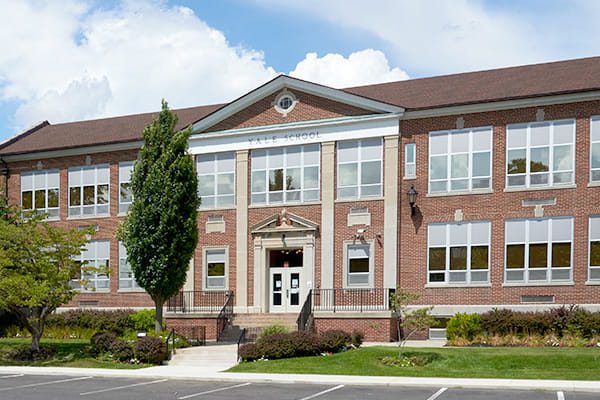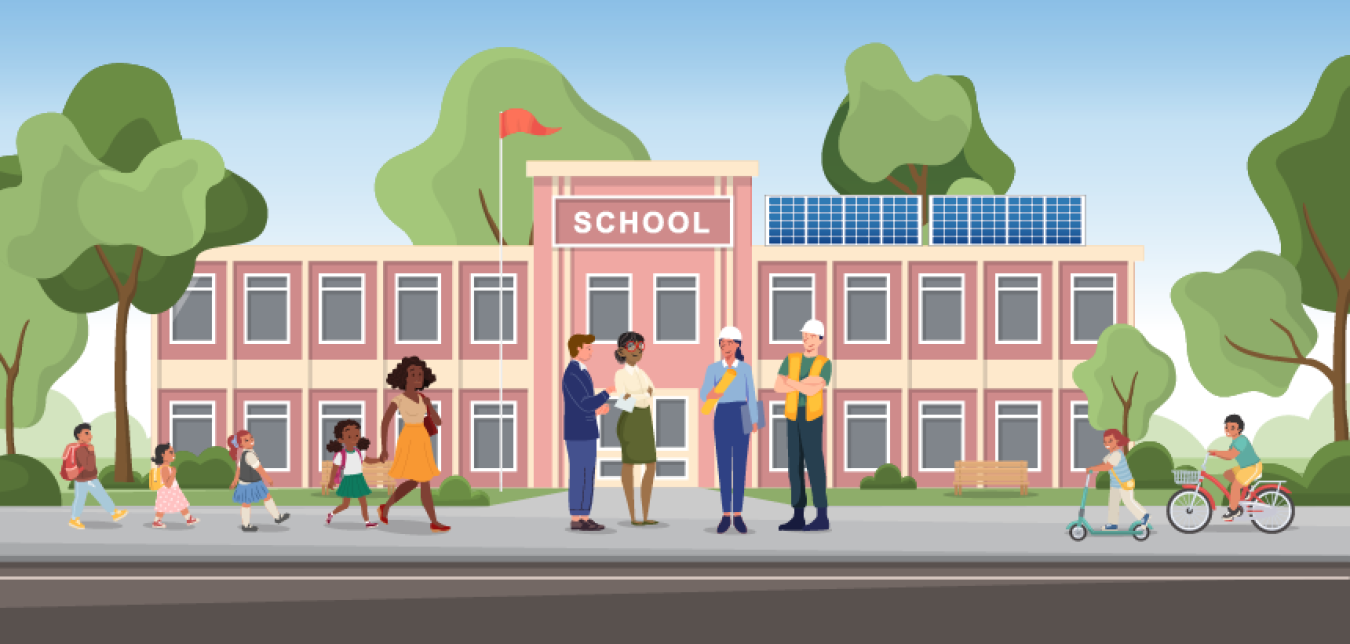Just How You Can Help Save Temecula Schools for Future Generations
Just How You Can Help Save Temecula Schools for Future Generations
Blog Article
Understanding the Relevance of Schools in Child Growth and Neighborhood Growth
Institutions' interaction with regional neighborhoods with service-learning campaigns strengthens the bond in between families and instructional organizations. This symbiotic connection highlights the significance of institutions in supporting energetic citizenship and lifelong discovering behaviors.
Academic Success
Academic accomplishment serves as a foundation of youngster advancement, giving the structure whereupon future understanding and success are developed. Schools play a pivotal function in fostering this academic development, offering structured atmospheres where kids can obtain vital expertise and cognitive abilities. Standard curricula make sure that pupils gain efficiency in core topics such as mathematics, science, and language arts, which are crucial for both higher education and learning and specialist chances.
Along with passing on basic scholastic skills, institutions likewise grow crucial thinking, analytical capacities, and intellectual curiosity. These cognitive proficiencies are vital for browsing complex real-world circumstances and adapting to the ever-evolving demands of the contemporary workplace. Educators, as facilitators of learning, utilize diverse pedagogical methods to provide to varied discovering designs, thus making the most of private student potential.
Additionally, academic success is very closely linked to self-esteem and inspiration. Youngsters that experience scholastic achievements are more probable to develop a favorable self-concept and a lifelong enthusiasm for learning. Schools also provide different sources, such as collections and modern technology, which even more boost the academic experience and prepare trainees for a highly advanced society.
Social Ability Growth
Beyond academic achievement, the duty of colleges in social ability advancement is crucial. Schools work as a primary location for youngsters to discover and exercise necessary social skills such as problem, communication, and collaboration resolution. In the organized atmosphere of a classroom, trainees connect with peers, teachers, and various other institution team, providing numerous opportunities to create these important abilities.
Effective social skill advancement in colleges is helped with with team tasks, collective tasks, and extracurricular programs. These interactions help students recognize social standards, build empathy, and cultivate a sense of area. Group projects show trainees just how to work together in the direction of an usual goal, listen to different perspectives, and browse differences constructively.

The cultivation of social skills during school years lays a structure for future individual and specialist connections. Save Temecula Schools. As pupils mature, the capability to efficiently work together and connect becomes progressively essential, underscoring the college's vital role in alternative child advancement
Exposure to Variety
Exposure to variety in institutions is essential to promoting a comprehensive frame of mind and expanding pupils' point of views. Schools function as a microcosm of the more comprehensive culture, and running into diverse societies, languages, and socioeconomic histories within this environment outfits trainees with crucial skills for browsing a progressively globalized globe. This exposure encourages compassion, lowers bias, and advertises mutual regard amongst peers.
Diverse classrooms likewise improve social and cognitive growth. Research study indicates that students who engage with peers from diverse Extra resources backgrounds display far better analytic skills and creative thinking. They learn to appreciate different viewpoints, which improves classroom conversations and promotes a much more vibrant discovering experience. Moreover, this understanding of variety prepares trainees for future work environments that worth modern competence.

Neighborhood Engagement
The benefits of varied classrooms prolong past the college wall surfaces, promoting a solid sense of community interaction amongst pupils. By interacting with peers from various cultural, socioeconomic, and ethnic histories, students obtain a broader perspective and an appreciation for variety. This exposure motivates them to end up being active people who want to add positively to their communities.
Schools that emphasize community involvement typically incorporate service-learning tasks, which permit students to address real-world problems while applying scholastic skills. These projects not only enhance pupils' understanding of their coursework however also instill a feeling of duty and empathy. Collaborations between schools and local organizations provide trainees with chances to take part in area events, further solidifying their duty as proactive community members - Save Temecula Schools.
Furthermore, adult and neighborhood involvement in colleges enhances the bond between academic organizations and the neighborhoods they offer. With these efforts, institutions play a crucial duty in supporting community involvement and fostering societal development.
Lifelong Learning Routines
Developing lifelong learning behaviors is essential for a kid's continuous growth and flexibility in an ever-changing world. Schools play pop over to this web-site a crucial role in instilling these habits by developing a setting that promotes inquisitiveness, critical thinking, and a love for expertise. Through varied educational programs and extracurricular activities, teachers urge trainees to check out numerous subjects, examine information seriously, and apply their discovering to real-world scenarios.

In addition, institutions offer an organized environment where kids can establish self-discipline and time monitoring abilities, both of which are essential for constant understanding. By emphasizing the relevance of establishing objectives, reviewing progression, and adjusting techniques, schools prepare trainees to navigate the intricacies of grown-up life, guaranteeing they continue to be long-lasting students and contributors to society.
Verdict
In conclusion, schools are important in cultivating child development and community development by giving settings conducive to academic success, social skill advancement, and exposure to variety. Through collective projects and communications, schools improve vital thinking, compassion, and communication abilities. Neighborhood interaction initiatives additionally enhance the bond in between local neighborhoods and academic institutions. Eventually, colleges cultivate lifelong discovering routines, furnishing individuals with the needed expertise and skills to contribute positively to society.
In the organized atmosphere of a class, trainees engage with peers, educators, and various other school staff, offering numerous possibilities to establish these crucial capabilities.
In essence, exposure to diversity within schools not just enriches individual students however additionally reinforces the social fabric of the neighborhood as a whole.
The advantages of varied class expand beyond the college wall surfaces, cultivating a solid feeling of area engagement amongst trainees.Institutions that highlight area involvement often integrate service-learning tasks, which permit trainees to deal with real-world problems while using academic abilities. Partnerships between schools and neighborhood companies offer students with opportunities to get involved in community occasions, even more strengthening their function as positive neighborhood participants.
Report this page